Hey, this episode covers Insulin for Muscle Growth, but also explains why you might be struggling to lose FAT. I wrote the same information in an article which can be read here http://9to5strength.com/spike-insulin-muscle-growth/ Transcript: When you eat carbohydrate, the food will get broken down into glucose (sugar), which goes into the bloodstream. If you have a doughnut it ends up as glucose. If you have starchy carbs like pasta or brown rice, it still gets broken down into glucose, but at a slower rate. Your pancreas then releases Insulin into the bloodstream, and you temporarily stop burning fat while your body deals with the food you just digested. Your muscles and your fat cells respond to insulin by getting ready to absorb the nutrients from the meal you’ve eaten. By releasing insulin your body is trying to return your blood glucose to a normal level. How much insulin your body releases depends on many factors, but we’ll focus on two: 1. How much your blood sugar spiked from the food you ate, and 2. How sensitive you are to insulin. Let’s start with blood sugar, which brings us to the Glycaemic Index. The Glycaemic Index is the relative ability of a carb-containing food to increase your blood glucose levels measured from a fasted state, and that depends on how fast you digest the food. It’s based on a scale of 0 to 100, with 100 being pure sugar. You might have heard of it in its abbreviated form, GI. Low GI Foods score 55 or less, and include Sweet Potato, Brown Rice, Oatmeal, and most vegetables. High GI foods are above 70, and this includes Doughnuts, Sweets, Chocolate as well as more surprising foods like Cornflakes and sweet ones like honey. Another important consideration is Glycaemic Load, which takes into account whether the food is High or Low GI, but also how many grams of carbs it contains. You can eat a large quantity of a Low GI food, like Oatmeal, and still have the potential to spike your blood sugar levels. You could also eat a very small serving of a high GI food, like honey, and it won’t have as big an effect. Diabetics can use Glycaemic Load to assess a meals suitability for maintaining stable blood sugar levels. Since blood glucose ties into your energy levels, the best thing for you is a slow and steady release throughout the day. The one exception to this is after a workout, where you want to replenish Glycogen. Your muscle stores carbohydrate in the form of glycogen, which fuel your workouts as well as your daily activities. I think a very rough rule of thumb is 10 grams for every kilo of lean body mass, so i’ll have about 600 grams of glycogen stored in my muscles. There’s also a small amount stored in my liver. If I run or lift weights, my glycogen stores will be depleted. How depleted they are depends on the intensity and duration of my workout. If you’ve heard of marathon runners “hitting the wall”, that’s when their body runs out of glycogen and has to rely solely on burning fat. Your body can’t convert fat to energy as efficiently, making your running suddenly feel a lot tougher. Your brain also runs on glucose, so if your brain and body are competing over a tiny share you’re going to feel pretty crap. So I lift my weights, my glycogen is depleted, and I want to replenish it after my workout. Here’s a good place to put Higher GI foods. I’ll take on around 30 to 80 grams of fast digesting carbs along with a protein shake. That’s going to release insulin and send all those nutrients straight to my tired muscles. You don’t need to trigger a massive insulin release, so don’t feel like the more carbs you can eat the better. If i’m trying to gain muscle, I will also want to create an insulin spike first thing in the morning. My glycogen stores have dropped overnight, so I want to top them up for the day. Here I probably want half what I would use after a workout, and fresh fruit is a popular choice because of the way it’s digested. So to recap, I want foods that keep my blood glucose steady all day, except for after my workouts, and if I want to gain muscle then breakfast too. Website: https://www.9to5strength.com
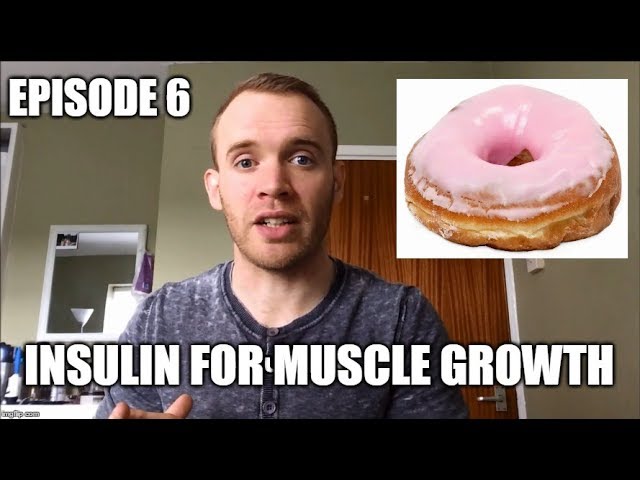
Spiking Insulin For Muscle Growth
- Post author:
- Post published:May 31, 2021
- Post comments:0 Comments
You Might Also Like

Phil Heath’s Cable Hammer | Bicep Exercise #3
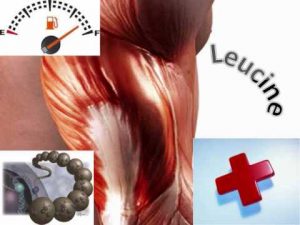
BCAA (Branched Chain Amino Acids)
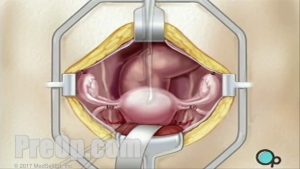
Hysterectomy Removal of Uterus, Ovaries and Fallopian Tubes Surgery PreOp® Patien Education
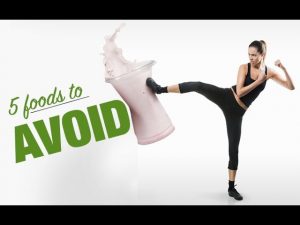
5 Worst Foods for Weight Loss (NEVER EAT THESE!!)

Muscle Building Workout & Squats Video – 4
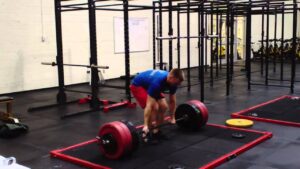
515lb Deadlift by WOD Programmer
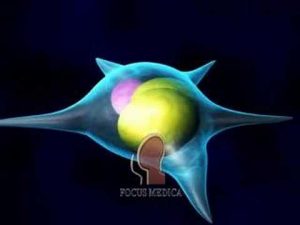
Insulin Resistance
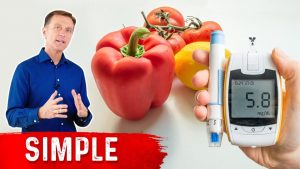
How to STOP Prediabetes Going Into Diabetes

Wexford University Health, Fitness, Nutrition Degrees

Dr. Oz: Fat and Body Types
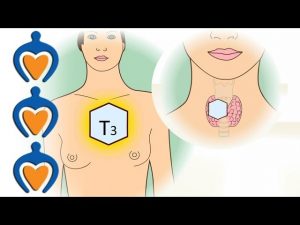
Thyroid gland – What’s the function of the thyroid?

Physiotherapy in Obstetrics Video – 9
Diabetes Protective Medicine Metformin

CHEST (PECS) – Flat Bench Press
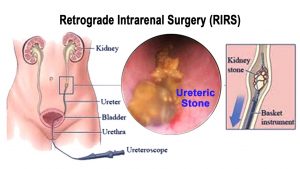
What is RIRS & How Retrograde Intrarenal Surgery Removes Kidney Stones

Human Body, Body Building Muscle Building Anatomy Physiology Video – 48
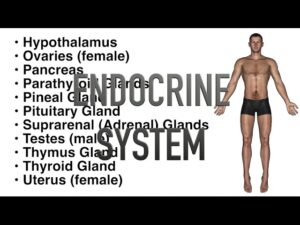
Endocrine System – Quiz

How To: Goblet Squat
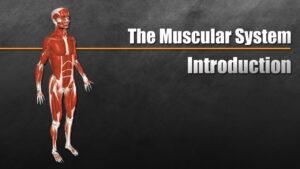
The Muscular System Explained In 6 Minutes

DECLINE BENCH PRESS | TUTORIAL VIDEO
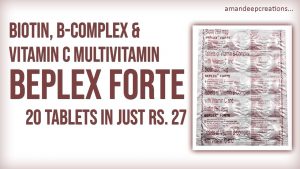
Biotin, B Complex & Vitamin C rich Multivitamin – BEPLEX FORTE – Benefits, Side-Effects & Dosage

Rock Solid Perfect Form Series: Upper Back Row

Standing Leg Extension
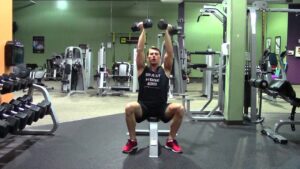
Dumbbell Supinated Press – HASfit Shoulder Exercise Demonstration – Anterior Deltoid Exercises

DID I QUIT MINOXIDIL??
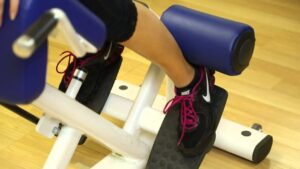
Hyperextension With Machine-3
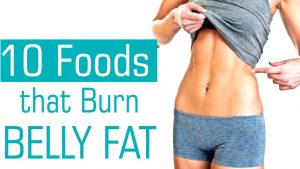
Top 10 Foods That Help Lose Belly Fat – Tips To Burn Belly Fat
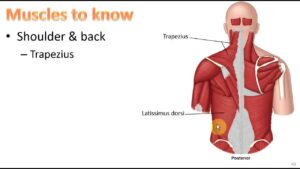
Anatomy Ch 9 – Muscular System

What is BRAIN BIOPSY? What does BRAIN BIOPSY mean? BRAIN BIOPSY meaning, definition & explanation

Side Crunch With Weight-3
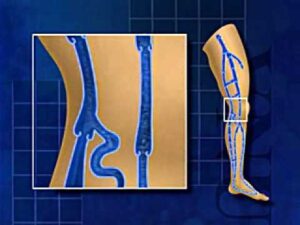
Venous-Insufficiency

Seated Calf Raise-2

Definition Fit – “Group Fitness”
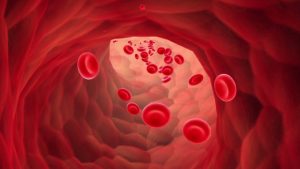
Anaemia
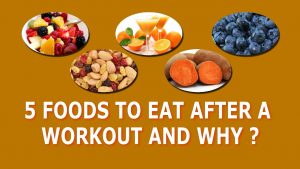
5 foods to eat after a workout and why

internal organs model 2

Herbs Video – 4

elitefts.com—Mid-Back Extension / Upper Back Shrug

Human Growth Hormone Explained: Everything You Need to Know (Made Simple to Understand)
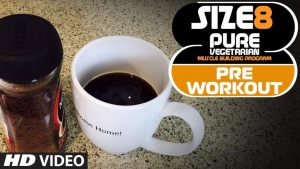
SIZE 8 – Pre Workout Drink (NO SUPPLEMENT) | Pure Vegetarian Muscle Building Program by Guru Mann

